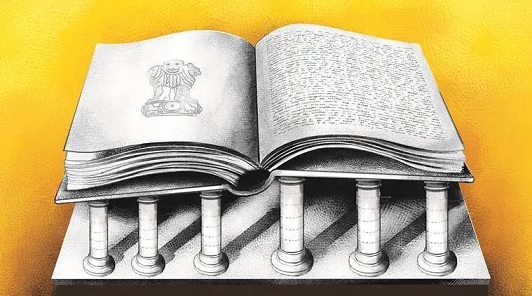Verbs come in three tenses: past, present, and future. The past is used to describe things that have already happened (e.g., earlier in the day, yesterday, last week, three years ago). The present tense is used to describe things that are happening right now, or things that are continuous. The future tense describes things that have yet to happen (e.g., later, tomorrow, next week, next year, three years from now).
The following table illustrates the proper use of verb tenses:
| Simple Present | Simple Past | Simple Future |
| I read nearly every day. | Last night, I read an entire novel. | I will read as much as I can this year. |
| Present Continuous | Past Continuous | Future Continuous |
| I am reading Shakespeare at the moment. | I was reading Edgar Allan Poe last night. | I will be reading Nathaniel Hawthorne soon. |
| Present Perfect | Past Perfect | Future Perfect |
| I have read so many books I can’t keep count. | I had read at least 100 books by the time I was twelve. | I will have read at least 500 books by the end of the year. |
| Present Perfect Continuous | Past Perfect Continuous | Future Perfect Continuous |
| I have been reading since I was four years old. | I had been reading for at least a year before my sister learned to read. | I will have been reading for at least two hours before dinner tonight. |
Confused about tenses?
Use Grammarly for mistake-free writing.

कोई टिप्पणी नहीं:
एक टिप्पणी भेजें